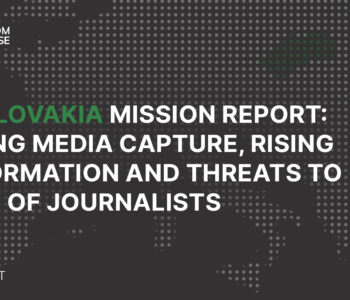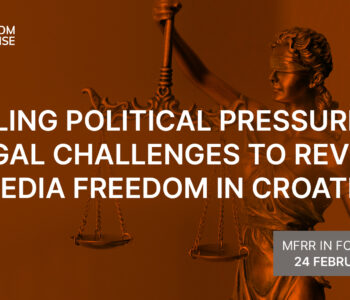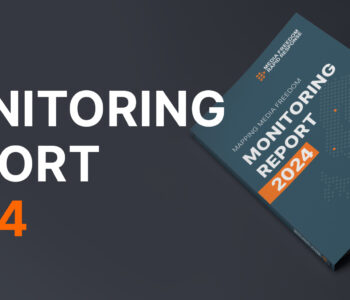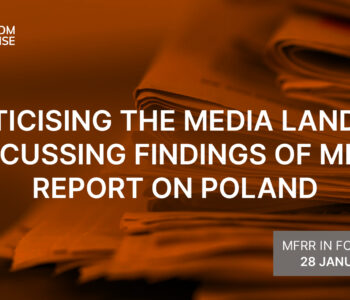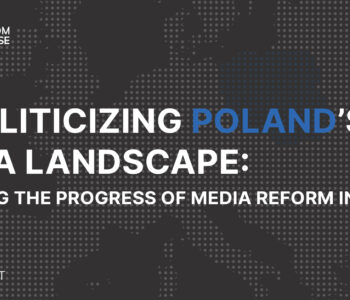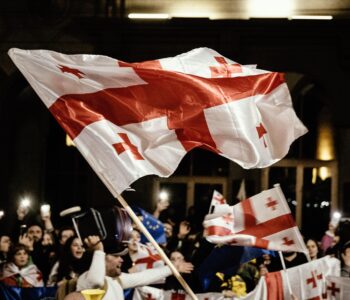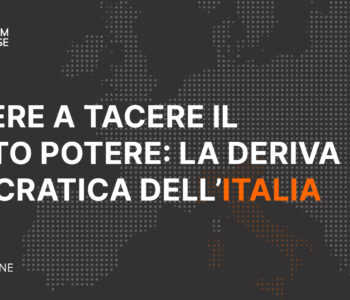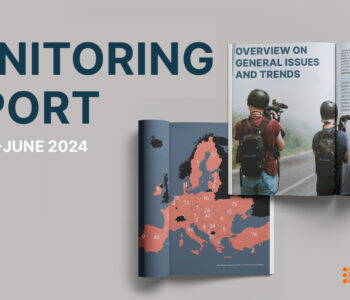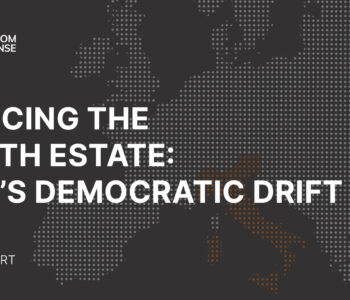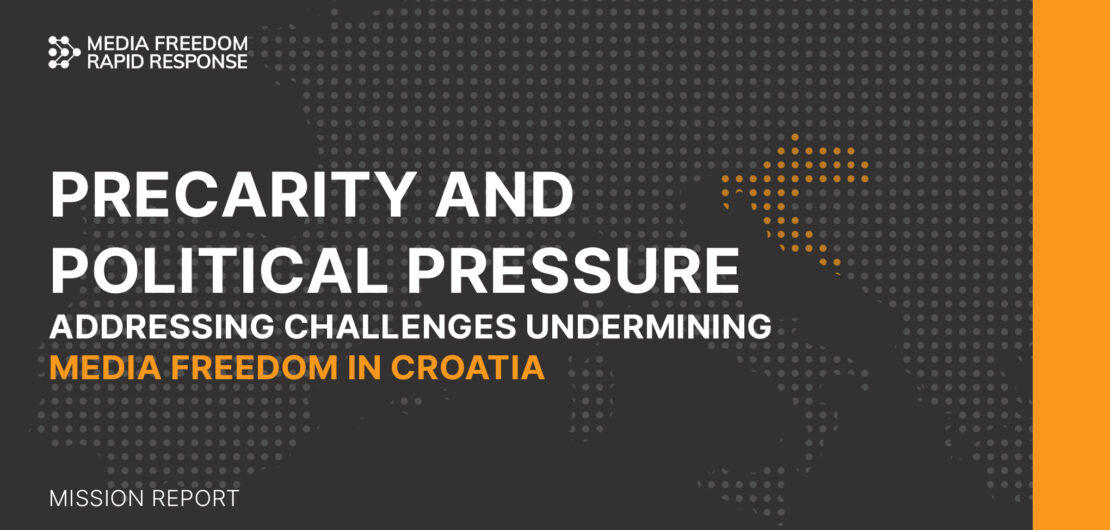 Library
Library
Croatia: Tackling political pressure, legal challenges and precarity to…
Croatia: Tackling political pressure, legal challenges and precarity to revive media freedom
Outdated media laws, compromised public media independence, SLAPPs, as well as mounting economic, political, and physical pressures are undermining journalism and media freedom in Croatia, as outlined in the latest Media Freedom Rapid Response (MFRR) report.
Media freedom in Croatia is marred by institutional and legal challenges that successive governments have failed to address, exacerbating the erosion of media pluralism, hostility against journalists, and precarious working conditions. This environment fosters censorship and restricts access to vital public information. The outdated Media Act is ill-suited to tackle the challenges of today’s digitalised media landscape, while overly broad criminal provisions on defamation and insult are weaponised in SLAPP cases, undermining media resilience. Additionally, rising incidents of verbal and physical abuse, smear campaigns, and economic hardship further hinder journalists’ ability to work effectively and take a significant toll on their wellbeing.
Amidst a prolonged stagnation in media freedom in Croatia, the partner organisations of the MFRR conducted an online fact-finding mission in September 2024. The mission delegates met with a broad range of stakeholders, including Croatian Government ministries, media outlets, journalists’ associations, academics, and civil society organisations.
This report offers a detailed overview of the key obstacles to strengthening the resilience of Croatia’s media landscape and presents concrete recommendations to help decision-makers address these challenges in a swift and efficient way.
Key recommendations:
- Decriminalise defamation and insult
- Repeal criminal prohibition on judicial information disclosure
- Reform media law in line with the EMFA
- Strengthen labour protections for journalists
- Increase transparency and fair distribution of state advertising
- Improve access to information
- Strengthen regulatory bodies
- Ensure the independence of the public broadcaster
- Introduce anti-SLAPP protections
The mission partners hope these insights will contribute constructively to the debate on urgently needed reforms. We remain ready to participate in public consultations and support efforts to strengthen media freedom in Croatia.

